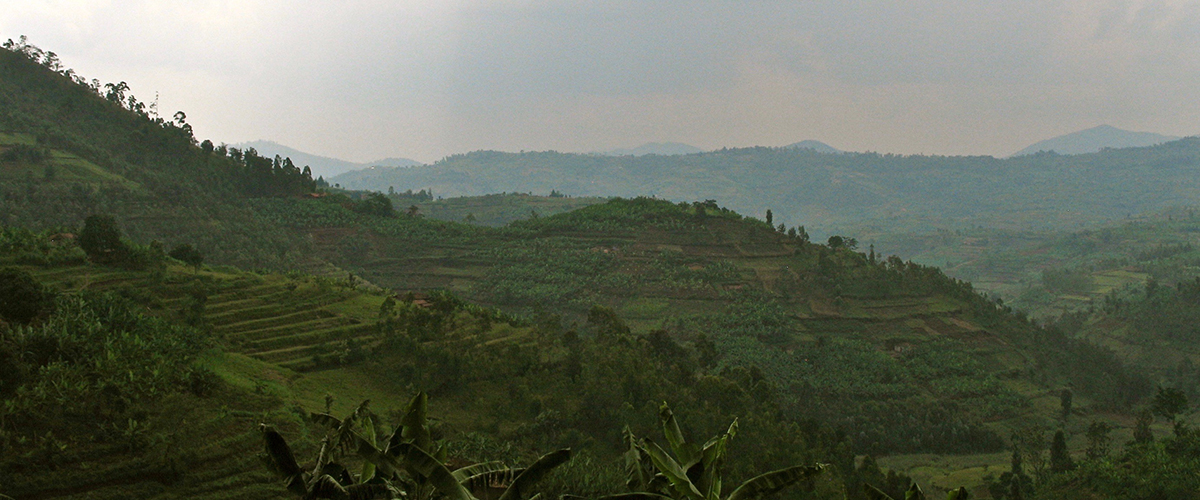
Toxic Speech
Book under contract with Oxford University Press. This project develops an epidemiology of toxic speech. Applying a medical view of toxicity to speech practices reveals overlapping concepts and frameworks. Since 2015, especially in the USA, there have been increasing references to speech as toxic, mostly in the public arena. Toxic speech can happen anywhere, and it can be a somewhat isolated incident, or embedded in and delivered by practices that are linked to systems of oppression and discrimination. If we are going to toss this label around, we need a clear conception of what makes some speech toxic.
Thinking in terms of toxicity requires finding the mechanisms by which speech acts and discursive practices can inflict harm, making sense of claims about harms arising from speech without slurs, epithets, or a narrower class I call ‘deeply derogatory terms.’ Further, it highlights the role of uptake and susceptibility, and so suggests a framework for thinking about damage variation. Some people get damaged while others do not. Toxic effects of speech vary depending on one’s epistemic position, access, authority, and more.
Using an inferentialist account of discursive practice plus a dynamic view of the power of language games is at the heart of my analysis. Understanding language games helps track changes in our speech practices. Identifying patterns of distribution and uptake is part of what epidemiology does. An epidemiology of toxic speech might include tracking increasing use of derogatory terms, us/them dichotomization, terms of isolation, new essentialisms, and more. We might start from the harms and work backwards. Using this framework, I analyze some examples of speech already said to be toxic, working with a rough concept of toxicity as poison.
Finally, exploring discursive toxicity pushes us to find ways that certain discursive practices might “inoculate” one to absorbing toxic messages, or less metaphorically, block one’s capacity to make toxic inferences, take deontic stances that foster toxicity, etc. This part of the project uses work from philosophy and social psychology, while still aiming to be true to the public health focus of epidemiology. If we learn more about how some forms of speech create toxic environments, or how others deliver a heavy dose of harm at once, then we can think about how to mitigate those harms. Susceptibility can vary across populations, so tracking resilience would be very helpful. Where resilience is impossible, then restricting the speech would seem well justified. This isn’t always or primarily going to be a matter of law. It will often be about instituting new social norms. It isn’t a law that parents wait 24 hours after their child is fever-free to return to school. It is a demand of the public health departments of most towns, and once parents know, they can comply or not. In my trips to Rwanda, I learned questions and comments to avoid, so as to avoid triggering the PTSD from which many survivors suffer. This isn’t a law, but there are social norms that do the work to protect the vulnerable.
Language and Genocide
Working on questions about the power of linguistic practice to shape social reality led me to become particularly concerned to understand the conditions that make genocide possible. My research focuses on the 1994 Genocide of the Tutsi in Rwanda. In 2005, I presented a talk at a United Nations conference in Sarajevo, BiH, on the power of apology to offer recognition to victims of genocide, with a close analysis of American President Bill Clinton’s 1998 apology to the Rwandans. This research focus has resulted in several papers, including “Genocidal Language Games,” and “Apologizing for Atrocity: Rwanda and Recognition,”“Epistemic Aspects of Evil,” “Transitional Justice in Rwanda: An Integrative Approach,” "'Listen to What You Say': Rwanda's Post-GenocideLanguage Policies", and more. It infuses the projects below.
Apology
Everyday apologies for minor and somewhat more serious transgressions are not hard to comprehend, but the power of apology in the face of grievous harm is more challenging, and takes us to questions of the power of words, speech, as actions. My view is that words heal through the recognition they offer, and this recognition is often necessary to living with injury or in the best cases, overcoming it. My apology project includes several papers, addressing questions of the power of apology to offer recognition, the role of sincerity in apology, political apologies, and differences in the conventions governing public apologies compared to private ones.
Emergent Forgiveness with Alisa L. Carse, (Georgetown)
We are developing a new conception of forgiveness, focusing on forgiveness in cases of grave wrongs, which often result in what we call “world-shattering harms.” World-shattering harms can be widespread, as in genocide and war, or they can be individual experiences, as happens in cases of rape, incest, or ongoing abuse. The first, very short version of this project is published as “Forgiving Grave Wrongs.” Our plan is to develop several more papers, setting out distinctions between Emergent Forgiveness and classical (decisional/transactional) forgiveness, on the one hand, and between emergent forgiveness and reconciliation on the other. We are working on clarifying the concept of worlds and world-shattering harm, and trying to articulate the ways that hope and trust are built on the emergent model.